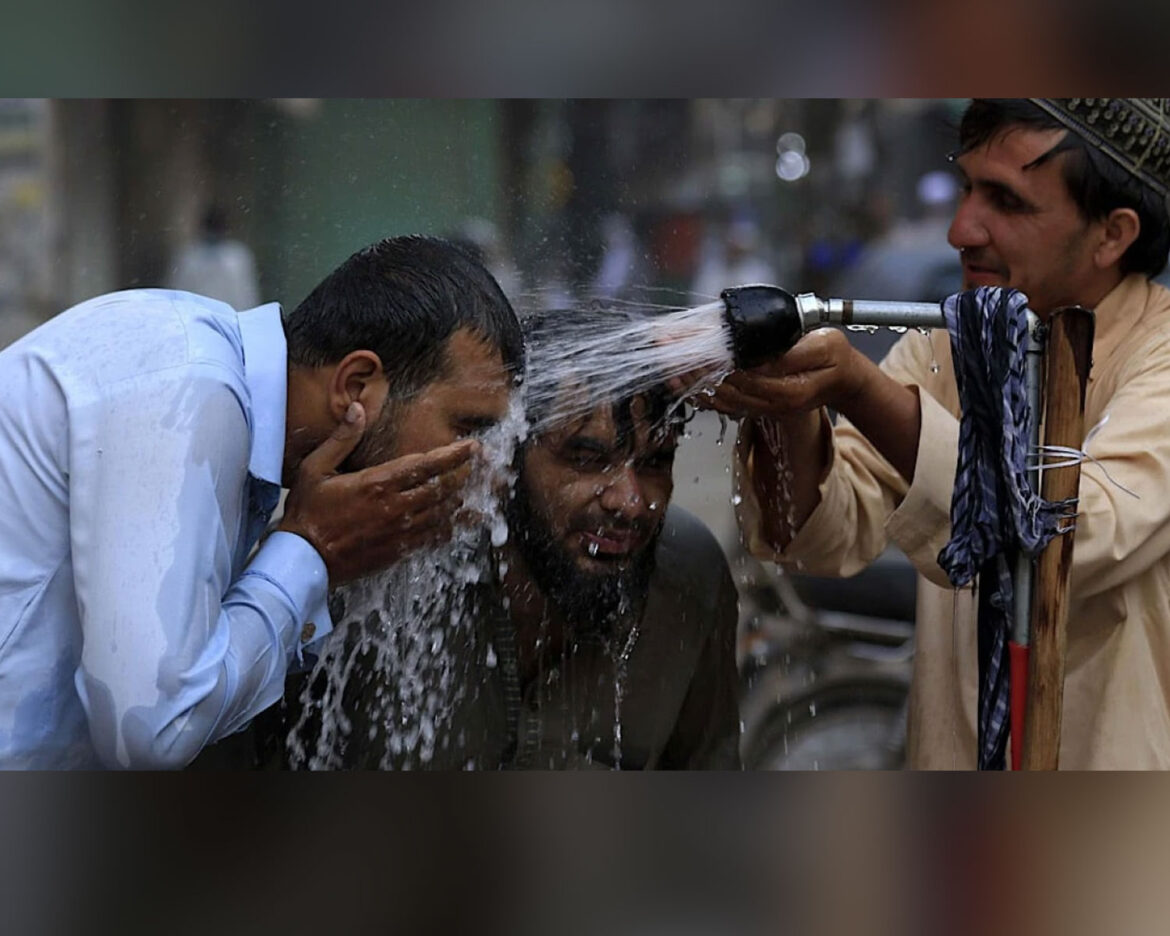Parts of Sindh, including Karachi, experienced scorching temperatures surpassing normal ranges, with the ongoing heatwave intensifying across the province. Moenjodaro claimed the title of the hottest spot in the nation, hitting a blistering 51°C on Friday.
Today, the mercury soared even higher in Karachi, Dadu, Jacobabad, and other cities in Sindh. Karachi witnessed temperatures over two degrees above the seasonal norm, reaching 37°C. Dadu and Moenjodaro recorded highs of 49.5°C, respectively four and five degrees beyond normal.
Hospitals in Jacobabad were inundated with patients suffering from heat-related illnesses as temperatures peaked at 48°C. Over a thousand relief camps had been established in Sindh to aid those affected by the sweltering conditions.
Pakistan braces for further heatwaves, with forecasts indicating two more to follow in June. Chief Meteorologist Sardar Sarfaraz warns that the current heatwave could persist until early June.
The heatwave exacerbates power supply deficits, with some areas enduring up to 15 hours of loadshedding daily. Pakistan, despite its minimal greenhouse gas emissions, faces increasing vulnerability to extreme weather events attributed to climate change.
Educational activities are disrupted, with annual examinations postponed in Sindh and schools closing early in Punjab due to the extreme heat. The Punjab Disaster Management Authority predicts severe heat in southern districts, urging citizens to take precautions against the soaring temperatures.
As Pakistan grapples with the heatwave crisis, authorities remain vigilant, directing all concerned departments to prepare for any adverse circumstances. Public awareness campaigns continue to educate citizens about the dangers of heat-related illnesses through various media channels.



